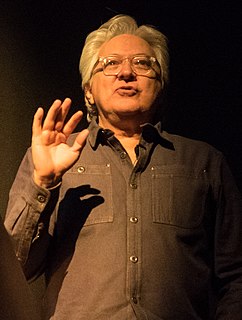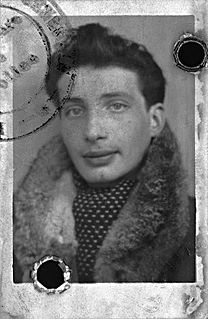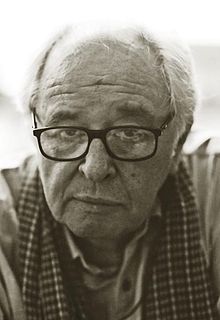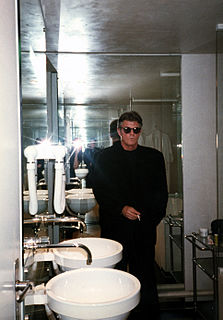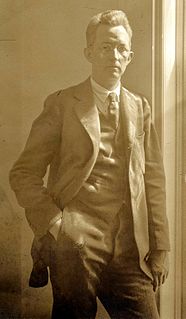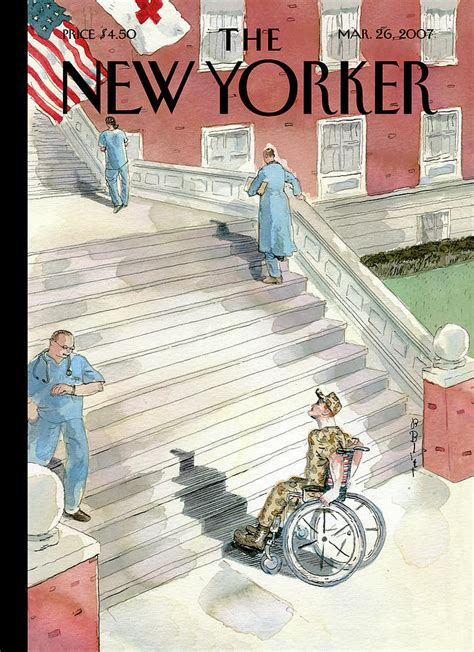A Quote by Elizabeth Barrett Browning
Don't get me wrong-painting's all right. But now that we have photography, what's the point?
Related Quotes
Photography has arrived at the point where it is capable of liberating painting from all literature, from the anecdote, and even from the subject. In any case, a certain aspect of the subject now belongs to the domain of photography. So shouldn't painters profit from their newly acquired liberty, and make use of it to do other things?
I was always interested in drawing and painting. I enrolled in college to study painting. But I didn't have any livelihood when I graduated. My mother died very young, and I didn't have any home, so I had to find a way to earn a living. It seemed to me that photography - to the great disappointment, I have to say, of my painting teacher - could offer that. So I went and did a degree in photography, and then after that I could go out and get paid for work. For portraits, things like that.
Painting is traditional but for me that doesn't mean the academy. I felt a need to paint; I love painting. It was something natural - as is listening to music or playing an instrument for some people. For this reason I searched for themes of my era and my generation. Photography offered this, so I chose it as a medium for painting.
But I would like to reach the point where I could cut up an illustrated magazine at random and see to it that the parts would each become a painting. I cannot properly explain it right now. Already now I am searching for the most boring and irrelevant photo material that I can find. And I would like to get to the point soon where this determined irrelevance could be retained, in favor of something that would be covered up otherwise by artifice.
The invention of photography has dealt a mortal blow to the old modes of expression, in painting as well as in poetry, where automatic writing, which appeared at the end of the nineteenth century, is a true photography of thought. Since a blind instrument now assured artists of achieving the aim they had set themselves up to that time, they now aspired, not without recklessness, to break with the imitation of appearances.
The magazine business is dying. It's a hard time for publishing. It does seem that everyone is much more opinionated now. I think there's probably more room for making opinionated illustrations. There was a time when Time magazine and Newsweek would have a realistic painted cover. A friend of mine used to do a lot of those paintings and he was told by the art director at one point, we are switching to photography. It seems that if someone saw a painting on a cover, it took a while to do, it must be old news. Photography became more immediate.



